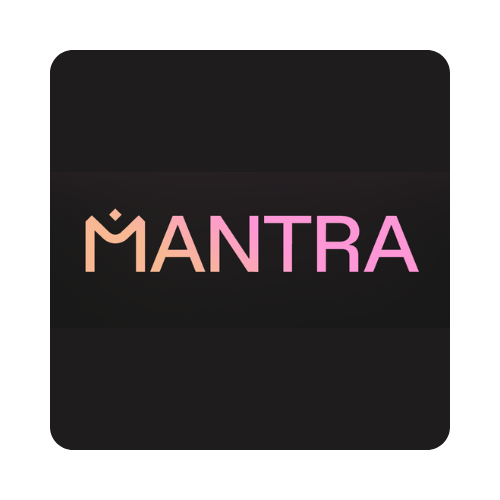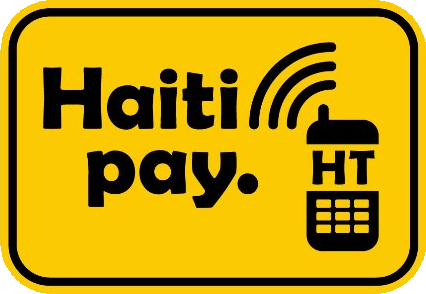
Blockchain in Healthcare Today
Blockchain in Healthcare Today (BHTY) is a peer-reviewed academic journal dedicated to the topic of blockchain and distributed ledger technology (DLT) in the healthcare sector. Published by Partners in Digital Health, BHTY serves as a leading international open-access platform for disseminating research and innovations in this rapidly evolving field. The journal's mission is to foster a global, multi-disciplinary ecosystem by accelerating the sharing of rigorously vetted knowledge on topics such as health information systems, data integrity, supply chain management, and clinical trials.
The journal's primary service is the publication of original research, systematic reviews, and special reports from academics, innovators, and practitioners. BHTY covers a wide range of subjects, including the integration of AI, consent mechanisms, privacy preservation, and new value-based health economic models. In addition to its publishing activities, BHTY produces the annual ConV2X conference, an event that brings together industry leaders to discuss the latest advancements in healthcare platforms and decentralised technology.
A key technological feature of Blockchain in Healthcare Today is its direct integration with the Hedera network. The journal offers an "Article Proof of Origin" service, which creates a permanent and immutable public record of every published research article.
Project Information
Related Projects

MANTRA is a vertically-integrated and regulatory-compliant blockchain ecosystem founded in 2020. Its mission is to bridge the gap between traditional finance and the world of digital assets by providing institutional-grade infrastructure that adheres to global regulatory standards.
The MANTRA ecosystem, also known as the OMniverse, includes several key products. MANTRA Nodes provides blockchain infrastructure-as-a-service, including validator operations and staking services. The MANTRA Chain is a protocol built for regulated assets within the Cosmos ecosystem, and MANTRA Finance is a DeFi platform that will offer a variety of services to both retail and institutional investors.
Through a partnership with hashport, a public utility that facilitates the movement of digital assets between networks, the OM token is now integrated with the Hedera network. This allows for faster, more secure, and lower-cost transactions for OM holders. This integration also opened the door for HeliSwap, a decentralized exchange (DEX) on Hedera, to offer trading pairs with the OM token, further expanding the DeFi possibilities within the Hed-era ecosystem.

Stader Labs is a multi-chain liquid staking platform that provides a secure and efficient way to earn staking rewards while maintaining asset liquidity. It was launched in 2021 and has since extended its services across several major blockchain networks, including Hedera where it offers a liquid staking solution centered around the HBARX token.
When users stake HBAR tokens through Stader's platform, they receive HBARX, a liquid token representing their staked HBAR. This mechanism allows HBAR holders to continue participating in the DeFi ecosystem with HBARX, engaging with protocols including SaucerSwap and HeliSwap for additional yield opportunities, while still accruing staking rewards. The HBARX token is designed to increase in value relative to HBAR as staking rewards accumulate in the pool, with an auto-compounding feature managed at the smart contract level.
Stader Labs emphasizes security, subjecting its smart contracts to multiple third-party audits from firms such as Halborn, Peckshield, and Sigma Prime. The platform's architecture on Hedera aims to contribute to network decentralization by distributing staked HBAR across various nodes.

Blockchain for Energy (B4E) is a non-profit, member-led consortium dedicated to driving digital transformation within the energy sector. Comprising major energy companies including Chevron, ExxonMobil, and Repsol, B4E was established to collaboratively develop and implement blockchain-based solutions that can enhance efficiency, reduce costs, and increase transparency across the industry.
The consortium's flagship product is the B4ECarbon platform, an advanced digital measurement, reporting, and verification (dMRV) solution. This platform integrates AI and IoT with distributed ledger technology to provide a secure and auditable system for managing emissions data. It enables energy operators to track, report, and verify their environmental performance in near real-time, helping to prevent greenwashing and ensure compliance with global standards. The B4E Network & Platform, built on Hyperledger FireFly, serves as the foundational layer connecting all of the consortium's solutions in a decentralised environment governed by its members.
The B4ECarbon platform is built on the Hedera public network, and has been a member of the Hedera Governing Council since June 2025.

HaitiPay is a Haiti-based fintech company focused on digitalizing the country's economy and increasing financial inclusion for underserved communities. Its core services are delivered through an API-enabled digital banking platform. This includes a mobile wallet that is designed to be universal and telecom-agnostic, capable of turning even basic feature phones into electronic payment devices.
The platform facilitates a range of financial transactions, including local and cross-border e-payments and remittances. By enabling electronic payments, HaitiPay supports merchants in expanding their sales and provides a secure and traceable way for all users, from rural farmers to urban merchants, to access digital financial services.
In collaboration with EMTECH, a CBDC infrastructure provider, HaitiPay has developed a proof-of-concept for a potential Central Bank Digital Currency (CBDC) in Haiti. This solution is built on the Hedera public distributed ledger, chosen for its high throughput, low fees, and security. This integration is designed to lower the cost of payments and provide seamless access to digital cash.
